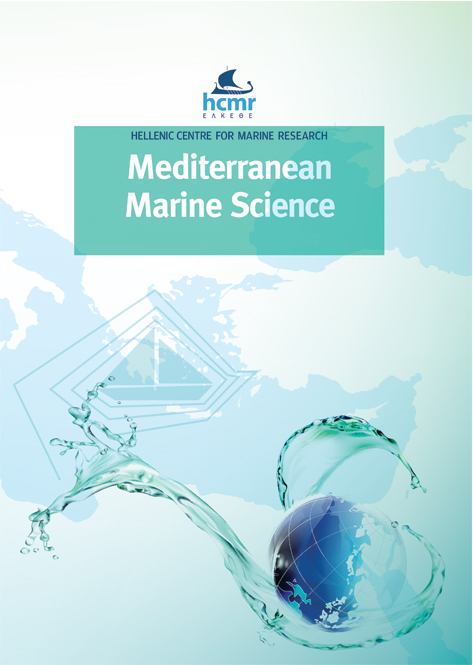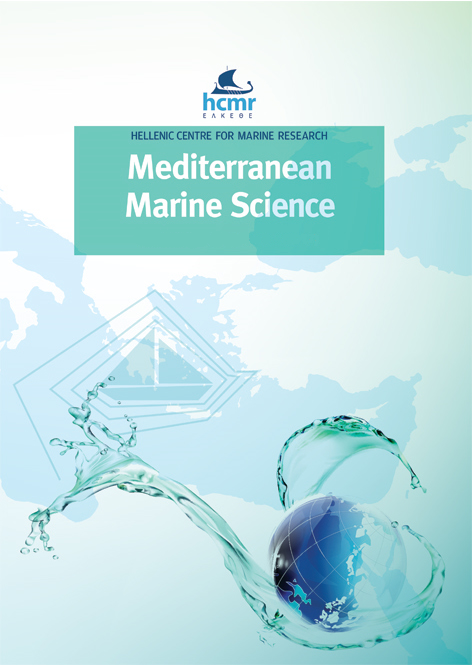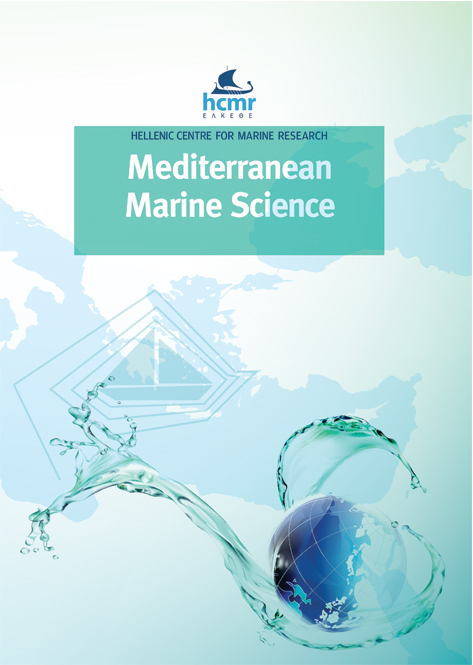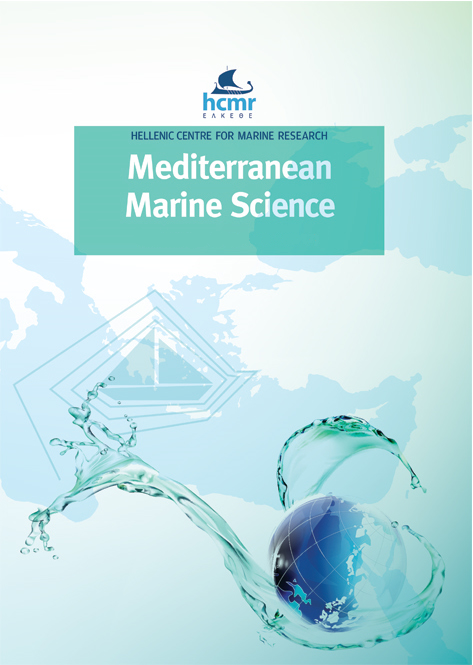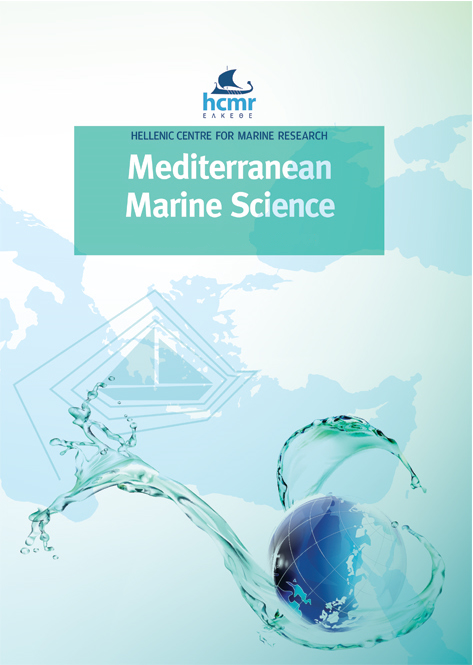Is the local extinction of Pinna nobilis facilitating Pinna rudis recruitment?
Аннотация
Until the late 2010s the spiny fan-mussel Pinna rudis shared habitat in many Mediterranean sites with Mediterranean endemic Pinna nobilis, which dominated in abundance but that has gone locally extinct in most of its distribution area due to a recent widespread disease outbreak. In the Columbretes Islands Marine Reserve (NW Mediterranean) both species coexisted until 2017, when P. nobilis populations completely disappeared. In spring 2021 we revisited 7 permanent plots covering 1,485 m2 that had been previously monitored during the period from 2005 to 2009. We found that although previous studies described P. rudis populations as stable with low recruitment rates, recruitment after 2017 increased in comparison to 2005-2009. At least two cohorts of recruits (~3 and ~1 year in age) were to be found both within the plots as well as in other areas throughout the Columbretes archipelago, colonizing areas previously occupied by P. nobilis. We hypothesize that P. rudis has been benefited by the local extinction of the sibling species P. nobilis, most probably as a result of reduced interspecific competition. The ecological role once played mainly by P. nobilis as the dominant species, might now be taken over by P. rudis, whose populations could grow during the oncoming years.
Article Details
- Как цитировать
-
KERSTING, D. K., & BALLESTEROS, E. (2021). Is the local extinction of Pinna nobilis facilitating Pinna rudis recruitment?. Mediterranean Marine Science, 22(3), 623–626. https://doi.org/10.12681/mms.27809
- Выпуск
- Том 22 № 3 (2021)
- Раздел
- Short Communication
Authors who publish with this journal agree to the following terms:
- Authors retain copyright and grant the journal right of first publication with the work simultaneously licensed under a Creative Commons Attribution Non-Commercial License that allows others to share the work with an acknowledgement of the work's authorship and initial publication in this journal.
- Authors are able to enter into separate, additional contractual arrangements for the non-exclusive distribution of the journal's published version of the work (e.g. post it to an institutional repository or publish it in a book), with an acknowledgement of its initial publication in this journal.
- Authors are permitted and encouraged to post their work online (preferably in institutional repositories or on their website) prior to and during the submission process, as it can lead to productive exchanges, as well as earlier and greater citation of published work (See The Effect of Open Access).

